If I could sit by the heater all day I would; it is getting colder. As a man who enjoys the sun the incoming winter of Paris is already giving me a slight discomfort. But I think of the homeless downstairs in the open air. Hell, if they can do this I also can!
Last night while crossing rue de Renard from St. Merry I took a glance at the silhouette of Norte Dame and thought nothing of her but just one of the buildings in the background. Indeed my daily route has taken on the semblance of a routine that I no longer pay attention that much to the city which, in the past weeks have been so interesting I wanted to be outside as much as possible. Perhaps being involved in a project does this to consciousness where focus is only on tasks and circumstances, relegating all else into a neutral level of awareness. Or this: Paris has taken hold of me, the city has engulfed me. I no longer see it from the perspective of an outsider and more frequently, from a vantage point of a denizen.
Despite the creeping sense of blasé, I value this experience because it is an integral part of a residency that goes beyond a month. Often the first week is nothing but an intense exploration (fueled by an imperial curiosity) guided by a list of Things to See or Things to Do. When this monster has been sated within and a more equanimous sense of reality (indeed reality) has the driving seat once more, the pace of one's life settles into an easy, spontaneous and slightly pragmatic existence. Its a difference between walking a road while intoxicated (everything is either a haze or a kaleidoscope world) and when sober. Yes I think that is the proper word: sober, le mot juste.
The keys to a sober mind in a foreign country (and I am thinking of future grantees and my next residencies) is simple, really.
First, know what your needs and look for the facilities that addresses them. Having a local to guide you around in the first week is very vital. Or else learn how to read a map and have access to the internet for starter tips on how to's etc. Foremost on the list (you can use Abraham Maslow's hierarchy of needs as reference) is food, comfortable shelter, proper clothing. I had to know where to buy food (nearest groceries and their hours and days of operation), how to arrange my atelier to maximize my space (moving furniture and buying supplies like soap, clothes hangers etc - which means know where to buy them at the nearest department stores) and finally what sort of clothes you need to wear in public. What to wear is a matter of adjusting to what you brought with you in your luggage and observing others.
Second, learn the basic skills you need to communicate and be mobile. This means to take cognition of people you essentially need to communicate with (receptionist in the lobby, your family, local guide) and the means to speak to them (useful phrases, mobile phone, internet access). I say essential people because acquaintances will naturally pop up as the days go by: you dont need to chummy up to anyone although it pays to be polite and courteous. Word of advice: curb your compassion for the needy in the streets. Give to street performers who really entertained you but keep off those who say they are seeking help for the poor and the children of wherever. Chances are great they are hustlers and pickpockets. (In Paris where I stand out as an obvious tourist Romanians descend upon me with petitions and papers and use English to cajole me out of my inertness. My advice- do not talk and shoo them away with conviction.)
How to get to a destination especially if your contact is in another area is so important, you need to know the means of transportation. I used to walk to and from the Louvre and it takes me 25 minutes. Take the Metro takes only five, but decidedly less to see. Now buses are my main mode of ambulation. They are often less crowded too.
Third and last, have an itinerary that keeps in mind the number of your days of stay and the pace that you want to have. Paris for instance can be bewildering, oh believe me. There's always an attraction in every corner, and all those pictures, movies and books that make mention of this city will all make you want to "go and see" at every opportunity. I have learned that the best way to know Paris is to disregard what you have read or learned from representations of the city back home. Again, know your objectives and prioritize - the Eiffel tower will not move an inch even if you do not see it on your first day. Its the events (like exhibits) that will go away if you do not mind your schedule. Museums with permanent collections, like the Louvre and the Musée d'Orsay will not disappear anytime soon as well. You can visit these on more relaxed and leisurely days: the best days to see art.
My residency here is structured but open. It means that while I have target sites to visit (churches and museums) I am able to see them at my discretion. Of my 81 days of being here I made it a point to do my research in the first 40 days so I can be more creative with a project and with extended trips to Ile de France and other provinces in my last 40. To date of my all the museums I needed to see, I only need two more, but on a more leisurely round. I even returned to my main museums twice or even thrice. Of all the churches, I only need to see five more and they are all outside Paris so after my project is up I can go there without pressure and book a hotel for two, three nights. (Will be staying in Rouen next weekend as a base to see Lisieux, Bayeux in Normandy and Amiens in Picardie).
If Paris is a sumptuous buffet, then the proper way of making the most of this is to take small samples (tikim) of what you find interesting and indulge (by way of second helpings) with the ones that made an impression. I used to think sketching from public art would be a great idea; its not. Three reasons: unpredictable changes of weather, unpredictable ebb of one's energy and stamina and the very predictable hovering and hounding of hustlers, petty thieves and other unsavory characters preying on tourists (they hang around Notre Dame, Trocadero, Montmartre, Jardin de Tuillerie). Trust intuition and common sense in doing this.
I am often reminded of Paolo Coehlo's tale in The Alchemist of a man who sought the principle of happiness from a wise king. The king had given the man a spoonful of oil and asked him to go around his palace. In his first round the man was so conscious of not spilling the oil in the spoon that he failed to see the palace. Chided by the king of his ignorance of the beauty of his domain, the man went out the second time to appreciate the beautiful castle but in so doing, forgot to keep his spoonful of oil in mind and spilled its contents. The king then said, "Happiness consists in that balance of enjoying the pleasures of life without spilling one's spoonful of oil." Like the Delphic oracle that says "Nothing to excess", means to know excess and austerity and then to find its middle path.
I often find myself in Paris like a spoonful of mind wandering about its 20 districts, careful not to trip and be spilled.
Last night while crossing rue de Renard from St. Merry I took a glance at the silhouette of Norte Dame and thought nothing of her but just one of the buildings in the background. Indeed my daily route has taken on the semblance of a routine that I no longer pay attention that much to the city which, in the past weeks have been so interesting I wanted to be outside as much as possible. Perhaps being involved in a project does this to consciousness where focus is only on tasks and circumstances, relegating all else into a neutral level of awareness. Or this: Paris has taken hold of me, the city has engulfed me. I no longer see it from the perspective of an outsider and more frequently, from a vantage point of a denizen.
Despite the creeping sense of blasé, I value this experience because it is an integral part of a residency that goes beyond a month. Often the first week is nothing but an intense exploration (fueled by an imperial curiosity) guided by a list of Things to See or Things to Do. When this monster has been sated within and a more equanimous sense of reality (indeed reality) has the driving seat once more, the pace of one's life settles into an easy, spontaneous and slightly pragmatic existence. Its a difference between walking a road while intoxicated (everything is either a haze or a kaleidoscope world) and when sober. Yes I think that is the proper word: sober, le mot juste.
The keys to a sober mind in a foreign country (and I am thinking of future grantees and my next residencies) is simple, really.
First, know what your needs and look for the facilities that addresses them. Having a local to guide you around in the first week is very vital. Or else learn how to read a map and have access to the internet for starter tips on how to's etc. Foremost on the list (you can use Abraham Maslow's hierarchy of needs as reference) is food, comfortable shelter, proper clothing. I had to know where to buy food (nearest groceries and their hours and days of operation), how to arrange my atelier to maximize my space (moving furniture and buying supplies like soap, clothes hangers etc - which means know where to buy them at the nearest department stores) and finally what sort of clothes you need to wear in public. What to wear is a matter of adjusting to what you brought with you in your luggage and observing others.
Second, learn the basic skills you need to communicate and be mobile. This means to take cognition of people you essentially need to communicate with (receptionist in the lobby, your family, local guide) and the means to speak to them (useful phrases, mobile phone, internet access). I say essential people because acquaintances will naturally pop up as the days go by: you dont need to chummy up to anyone although it pays to be polite and courteous. Word of advice: curb your compassion for the needy in the streets. Give to street performers who really entertained you but keep off those who say they are seeking help for the poor and the children of wherever. Chances are great they are hustlers and pickpockets. (In Paris where I stand out as an obvious tourist Romanians descend upon me with petitions and papers and use English to cajole me out of my inertness. My advice- do not talk and shoo them away with conviction.)
How to get to a destination especially if your contact is in another area is so important, you need to know the means of transportation. I used to walk to and from the Louvre and it takes me 25 minutes. Take the Metro takes only five, but decidedly less to see. Now buses are my main mode of ambulation. They are often less crowded too.
Third and last, have an itinerary that keeps in mind the number of your days of stay and the pace that you want to have. Paris for instance can be bewildering, oh believe me. There's always an attraction in every corner, and all those pictures, movies and books that make mention of this city will all make you want to "go and see" at every opportunity. I have learned that the best way to know Paris is to disregard what you have read or learned from representations of the city back home. Again, know your objectives and prioritize - the Eiffel tower will not move an inch even if you do not see it on your first day. Its the events (like exhibits) that will go away if you do not mind your schedule. Museums with permanent collections, like the Louvre and the Musée d'Orsay will not disappear anytime soon as well. You can visit these on more relaxed and leisurely days: the best days to see art.
My residency here is structured but open. It means that while I have target sites to visit (churches and museums) I am able to see them at my discretion. Of my 81 days of being here I made it a point to do my research in the first 40 days so I can be more creative with a project and with extended trips to Ile de France and other provinces in my last 40. To date of my all the museums I needed to see, I only need two more, but on a more leisurely round. I even returned to my main museums twice or even thrice. Of all the churches, I only need to see five more and they are all outside Paris so after my project is up I can go there without pressure and book a hotel for two, three nights. (Will be staying in Rouen next weekend as a base to see Lisieux, Bayeux in Normandy and Amiens in Picardie).
If Paris is a sumptuous buffet, then the proper way of making the most of this is to take small samples (tikim) of what you find interesting and indulge (by way of second helpings) with the ones that made an impression. I used to think sketching from public art would be a great idea; its not. Three reasons: unpredictable changes of weather, unpredictable ebb of one's energy and stamina and the very predictable hovering and hounding of hustlers, petty thieves and other unsavory characters preying on tourists (they hang around Notre Dame, Trocadero, Montmartre, Jardin de Tuillerie). Trust intuition and common sense in doing this.
I am often reminded of Paolo Coehlo's tale in The Alchemist of a man who sought the principle of happiness from a wise king. The king had given the man a spoonful of oil and asked him to go around his palace. In his first round the man was so conscious of not spilling the oil in the spoon that he failed to see the palace. Chided by the king of his ignorance of the beauty of his domain, the man went out the second time to appreciate the beautiful castle but in so doing, forgot to keep his spoonful of oil in mind and spilled its contents. The king then said, "Happiness consists in that balance of enjoying the pleasures of life without spilling one's spoonful of oil." Like the Delphic oracle that says "Nothing to excess", means to know excess and austerity and then to find its middle path.
I often find myself in Paris like a spoonful of mind wandering about its 20 districts, careful not to trip and be spilled.
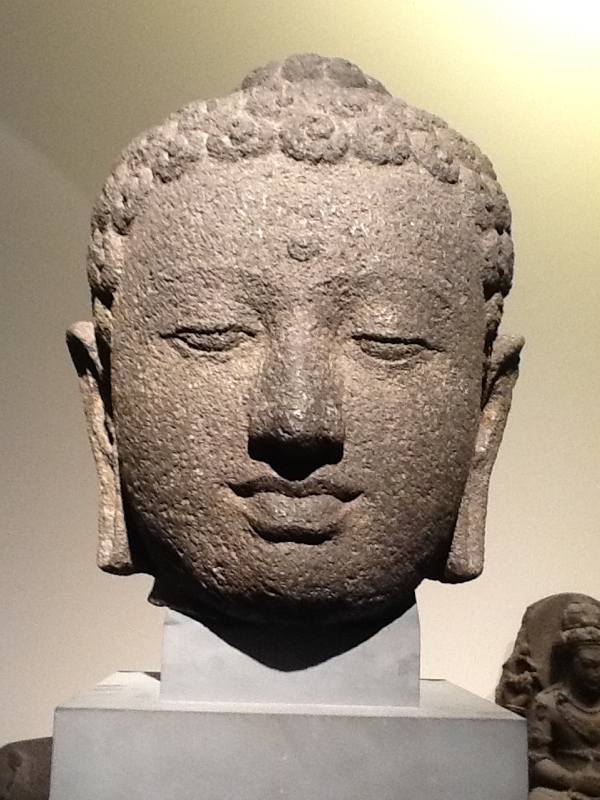
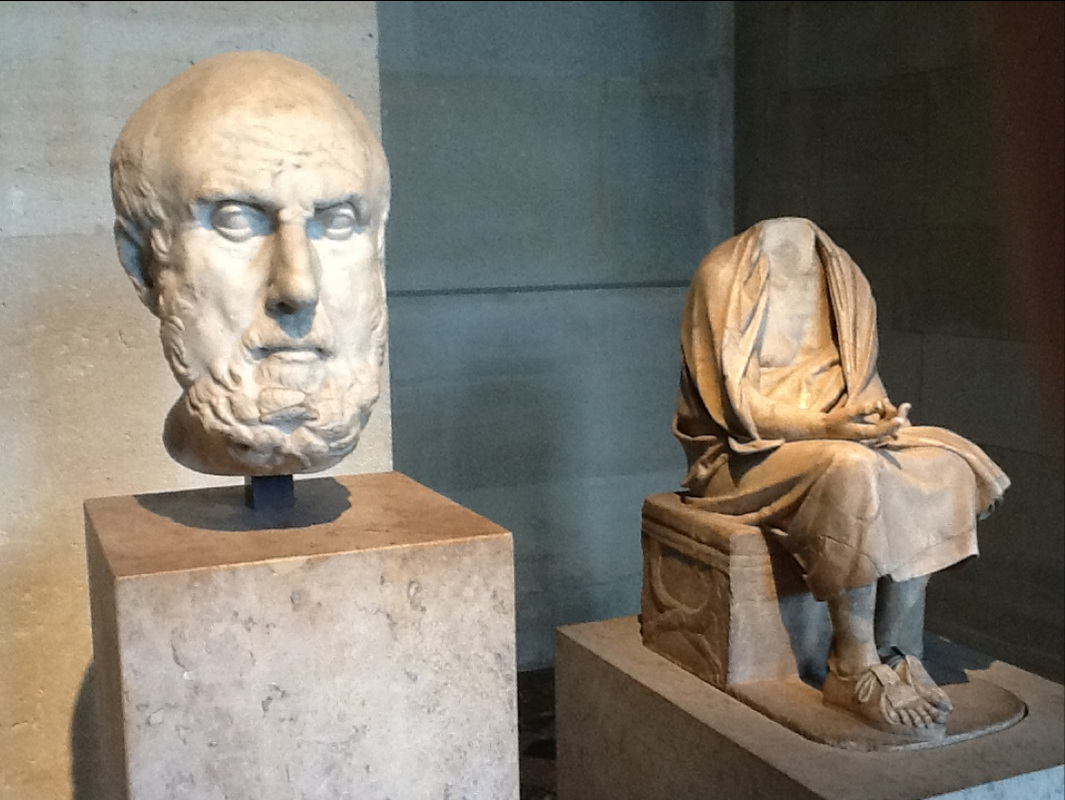
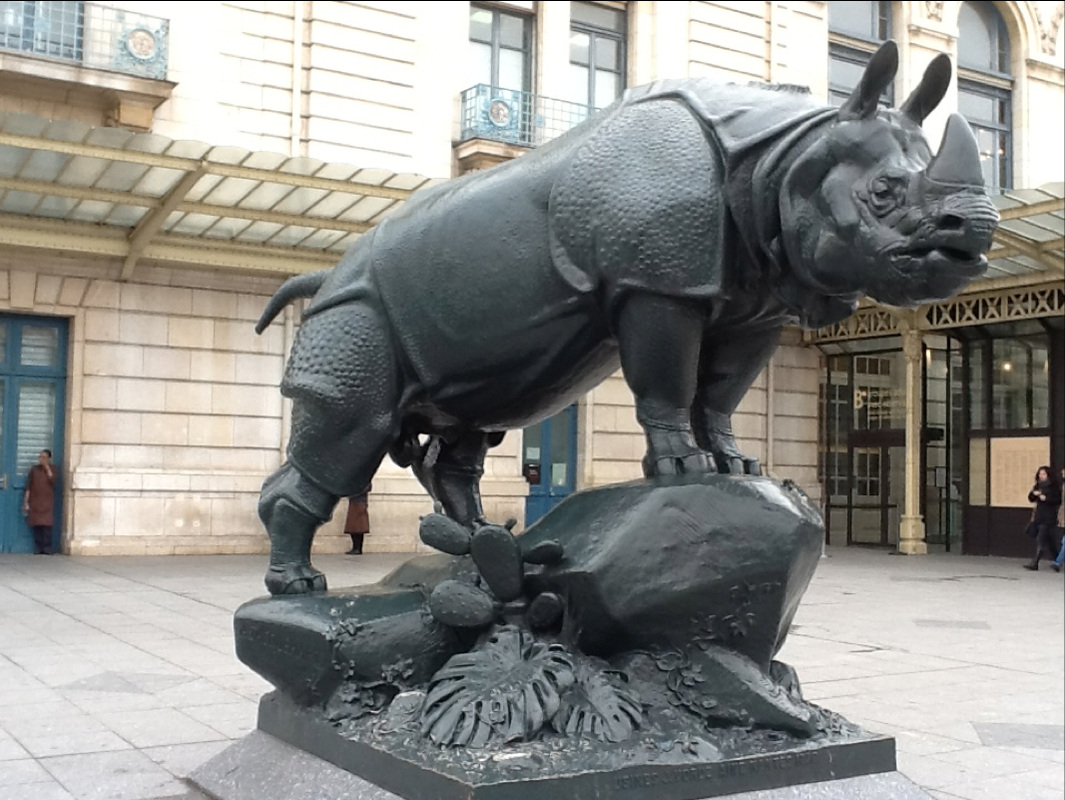
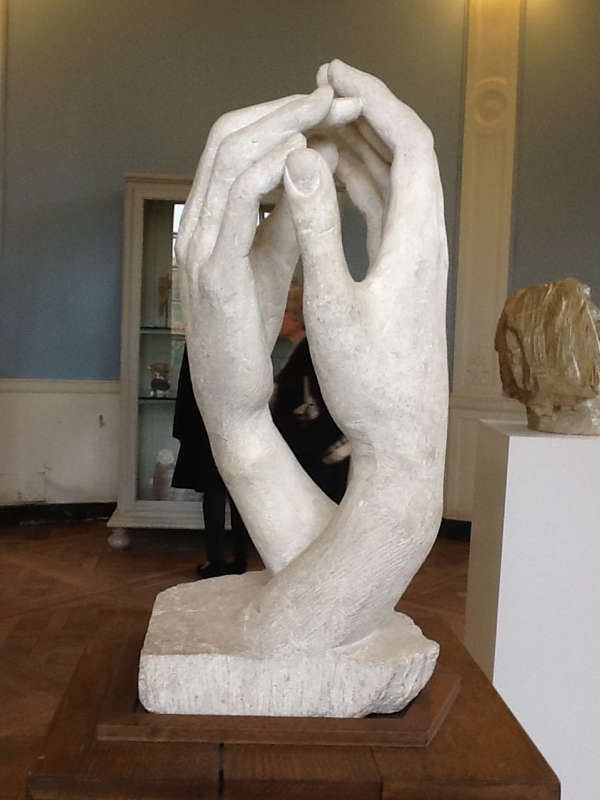
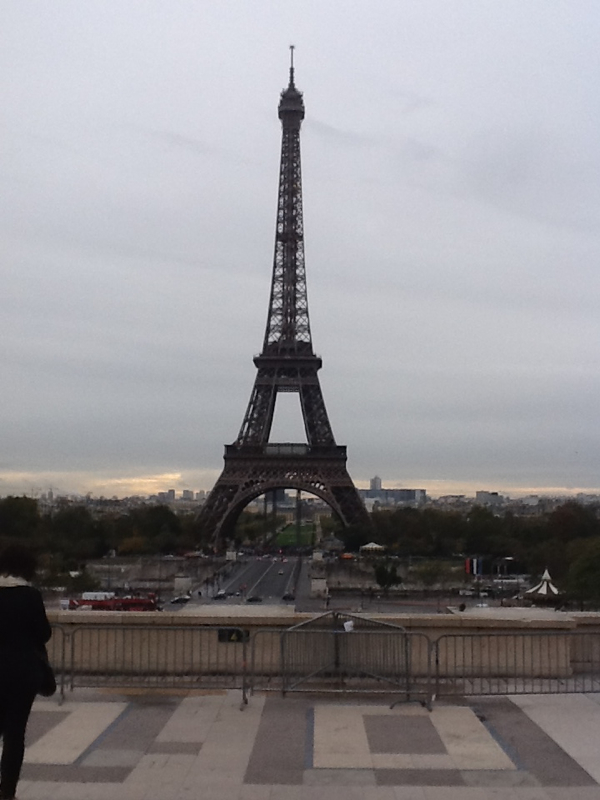
 RSS Feed
RSS Feed